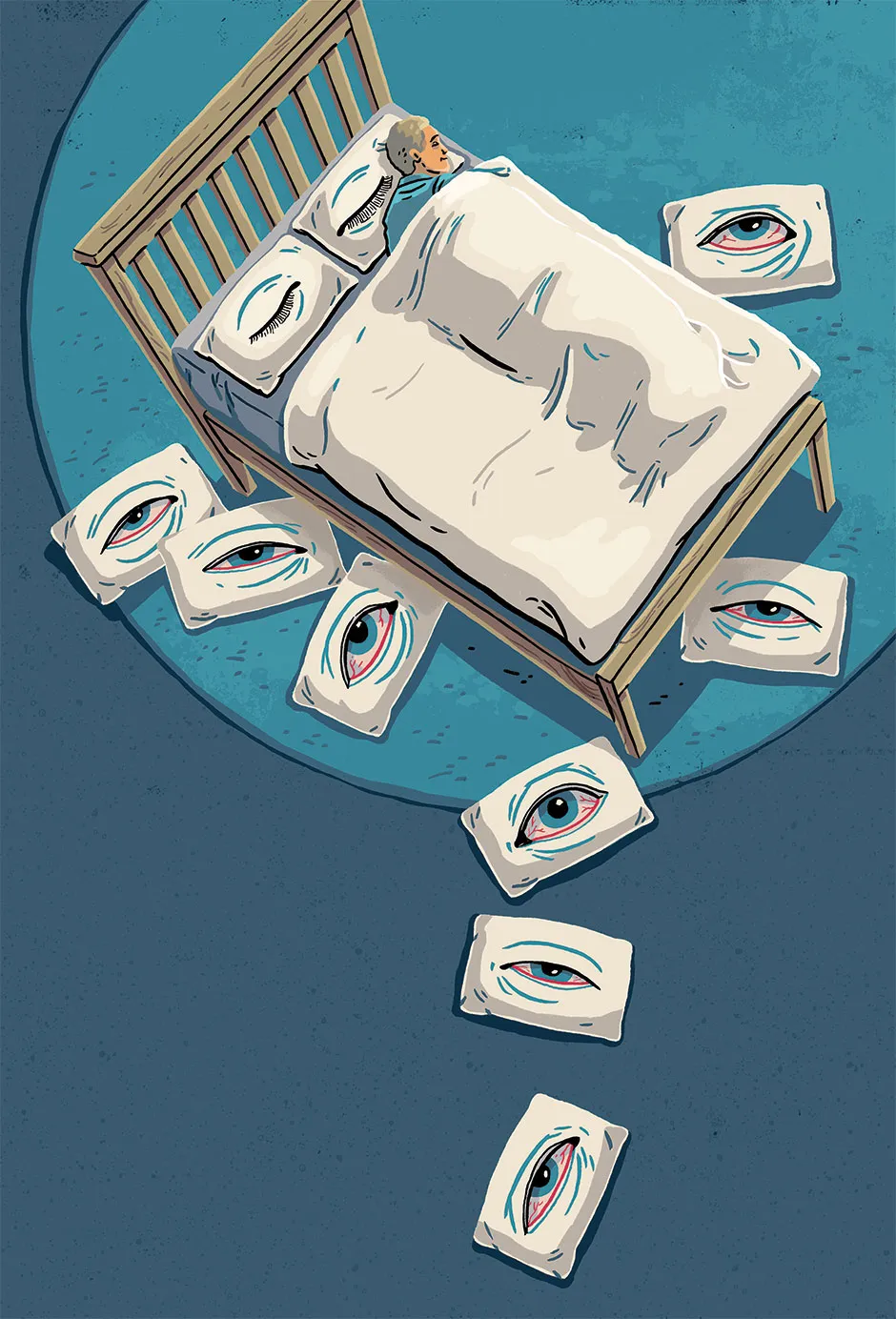Sleep is really important
It impacts every aspect of our lives. It’s vital for regulating our emotions, weight, immune system and cognitive functioning. When we don’t get enough sleep, we can feel terrible.
‘Everyone needs eight hours’
This is a myth. People vary hugely in terms of their sleep requirements. Some people manage perfectly well with less than eight hours, while others need more.
Consistency is key
Stick to a routine with a consistent bedtime and waking time. Your body needs to know what it should be doing and when it should be doing it. This is important for all of us, including babies and young children. If the evening always goes ‘story, bath, bed’, then they know what to expect.
Need to know...
- If you can’t sleep, get up and do something different.
- Stick to consistent bedtimes and waking times – yes, even at the weekend!
- Don’t nag teens for being lazy, their body clocks are different from adults’.
It’s normal to wake up during the night
Most people just fall straight back to sleep without realising it. If you can’t get back to sleep easily, or if you struggle to nod off in the first place, don’t just lie there. Get up and do something else. It’s important to associate bed with sleep and not with being mentally awake.
Daytime habits are important
Exercise helps and it’s a good idea to avoid caffeine and alcohol. For some people, even caffeine in the morning can impact their sleep much later. And although a little alcohol can make you feel sleepy, it can also wake you in the night because it makes you need the loo.

Stress has a huge effect on sleep
It’s probably one reason why so many people have reported poor sleep during lockdown. Mindfulness, muscle relaxation and breathing exercises can all help, but there’s also data to suggest that writing a list before bedtime can help to unload the stresses of the day and aid sleep.
Watch your screen time
Try to avoid electronics for an hour or two before bed. This is because the content can be arousing and because light is the most important factor for setting our internal body clock. Blue light in particular is disruptive for melatonin, which is the hormone that helps tell our body when it’s time for bed. If you use your phone, lower the brightness and use a night setting that filters out blue light.
Read more about sleep:
- Sleep: Dr Michael Mosley on what it is, why we need it and how to get more
- Sleep technology: 21 top sleeping aids and gadgets to help you nod off
Stay cool
Keep the room temperature at around 16°C to 19°C. It might seem a little Arctic, but the body’s core temperature drops just before sleep, so if the room is too hot it can make sleeping difficult.
Give teenagers a break
Adolescents aren’t being lazy. They’re doing exactly what their biology is requesting of them – staying awake and getting up later. It’s a real shame that schools demand such an early start time. During lockdown and the summer holidays, many teenagers were able to revert to their natural sleep pattern, so it prompts the question, is it time for a change?
- This interview first appeared inissue 353ofBBC Science Focus Magazine–find out how to subscribe here